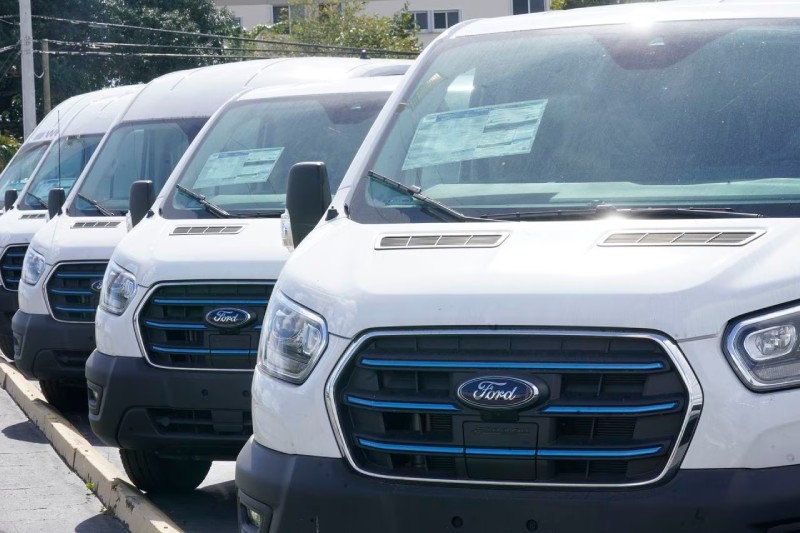The next generation of mail delivery vehicles is not the sole focus of the United States Postal Service’s plans for electrification. The first Ford E-Transit electric vans will be delivered to the service in December after the contract for their purchase has been signed. Ford adds that the handover ought to be finished by the end of 2024. Over 14,000 charging stations for the USPS’s facilities across the country are also being ordered early.
By 2028, the United States Postal Service (USPS) intends to acquire at least 60,000 of its Next Generation Delivery Vehicles (NGDV), of which 75% will be electric. The Ford vans are part of a larger strategy to acquire 21,000 “off-the-shelf” electric vehicles. According to Postmaster General Louis DeJoy, this enables the United States Postal Service (USPS) to swiftly implement a strategy that enhances mail service and working conditions while reducing costs for the independent agency. The Inflation Reduction Act provided funding worth $3 billion, making the total vehicle investment expected to cost $9.6 billion.
The charging network might expand slower. The United States Postal Service (USPS) anticipates providing chargers to at least 75 locations within the next year, but it does not estimate how far it will expand in subsequent years.
The overall push for EVs is a significant departure from the initial plans. The majority of the USPS’s NGDV orders were initially anticipated to be for gas-powered trucks. That strategy was opposed by the Biden administration, which argued that the USPS under DeJoy had relied on “biased” estimates, rejected public hearings, and ignored advice from the Environmental Protection Agency. The company put up a fight with the government before it gave in and switched most of its purchases to electric vehicles.
The government’s plan to cut greenhouse gas emissions for the nation as a whole and for itself will rely heavily on the transition. As the largest federal vehicle fleet, the US Postal Service’s purchases of electric vehicles will have a significant impact on other agencies.


